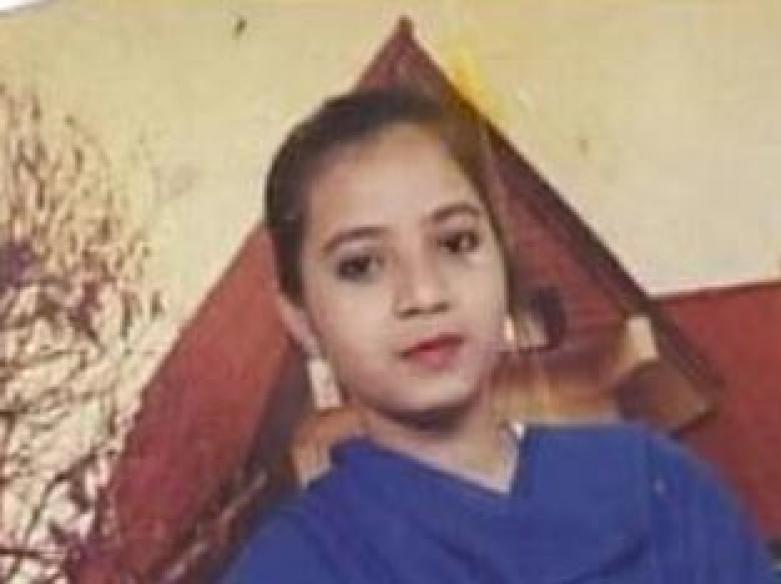
The names. The names of places: Armadale, Marikana. The names of sectors: the garment industry. The names of those individuals whose names cannot be shared: Laura S. The names of the men: Jimmy Mubenga. The names of the women: Ishrat Jahan, Jackie Nanyonjo, Savita Halappanavar. The names of the children: Ashley Smith, Trayvon Martin.
These are but some of the names of the innocents, slaughtered by State policy and practice. These are but some of the people we have tried to describe over the last little time. These are the names of those whose tragedies have opened too many doors to the work of mourning.
We have written, others have written, to what end?
“To write, to him – present to the dead friend within oneself the gift of his innocence. For him, I would have wanted to avoid, and thus spare him, the double wound of speaking of him, here and now, as one speaks of one of the living or one of the dead. In both cases, I disfigure, I wound, I put to sleep, or I kill. But whom? Him? No. Him in me? In us? In you? But what does this mean? That we remain among ourselves? This is true but still a bit too simple.”
After the silence, after the too-simple truths, what is there? If we are to present to the dead friends within oneself the gifts of their innocence, we must earn the gift. We must organize the State of peace, justice, mutuality, love. All else is … words.
And Trayvon Martin is dead.
(Photo Credit: Livemint.com/Gauri Gill)
.jpg) President Barack Obama went to India last week.
President Barack Obama went to India last week. 